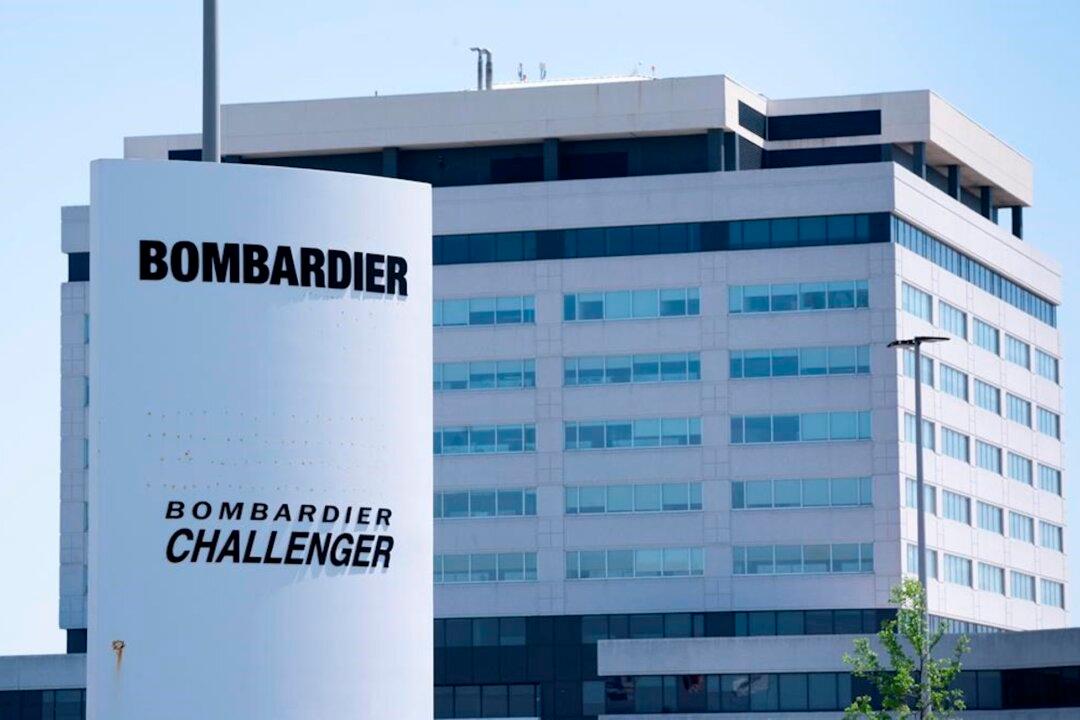OTTAWA—The federal Liberal government has inked a sole-source deal with Quebec aerospace firm Bombardier to purchase two new Challenger jets to replace half the Canadian Armed Forces’ existing executive aircraft fleet.
The CA$105-million contract follows recent warnings from defense officials that two of the military’s four existing aircraft would no longer be allowed to fly in many countries within a few years because of outdated technology.





